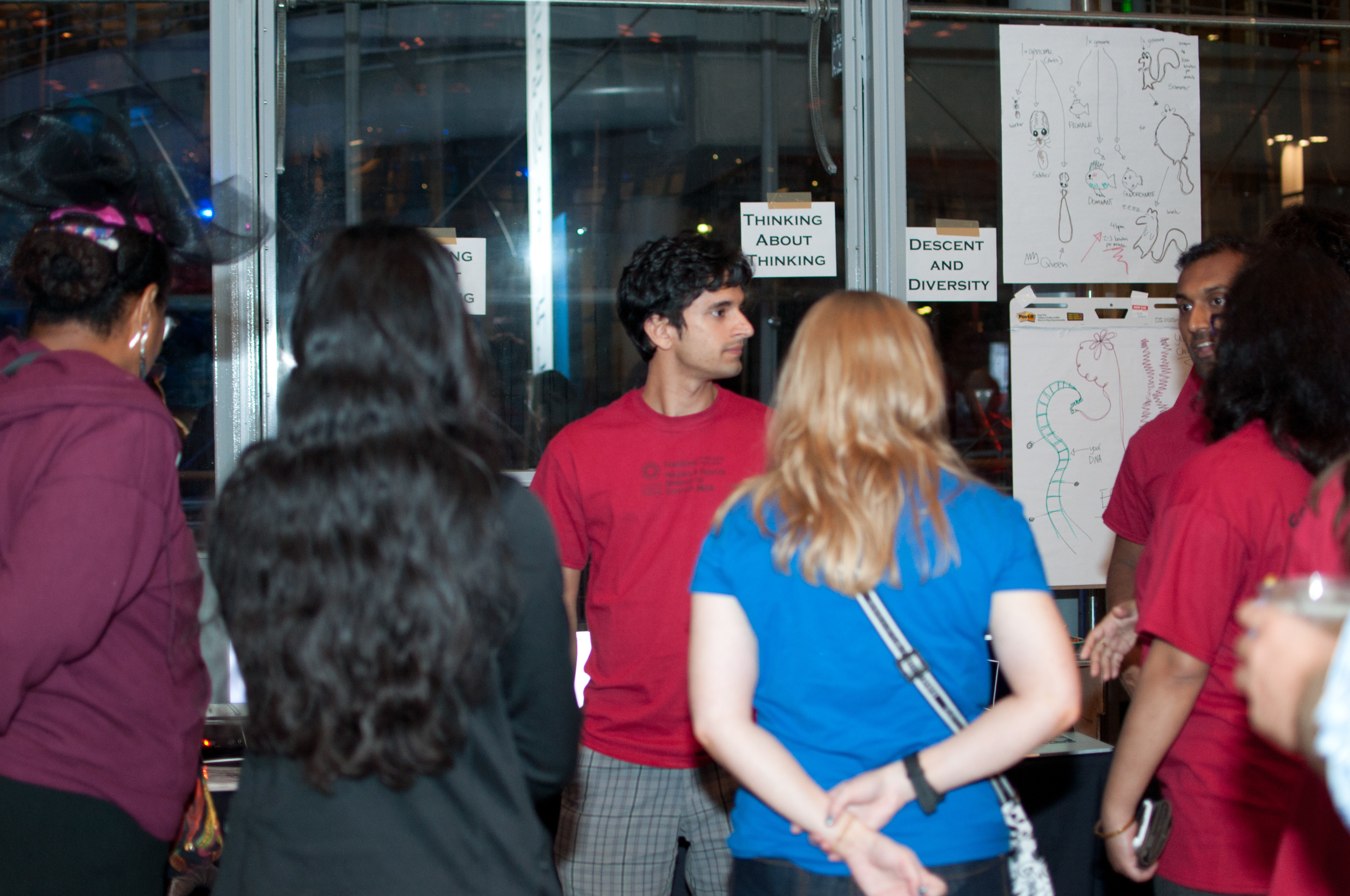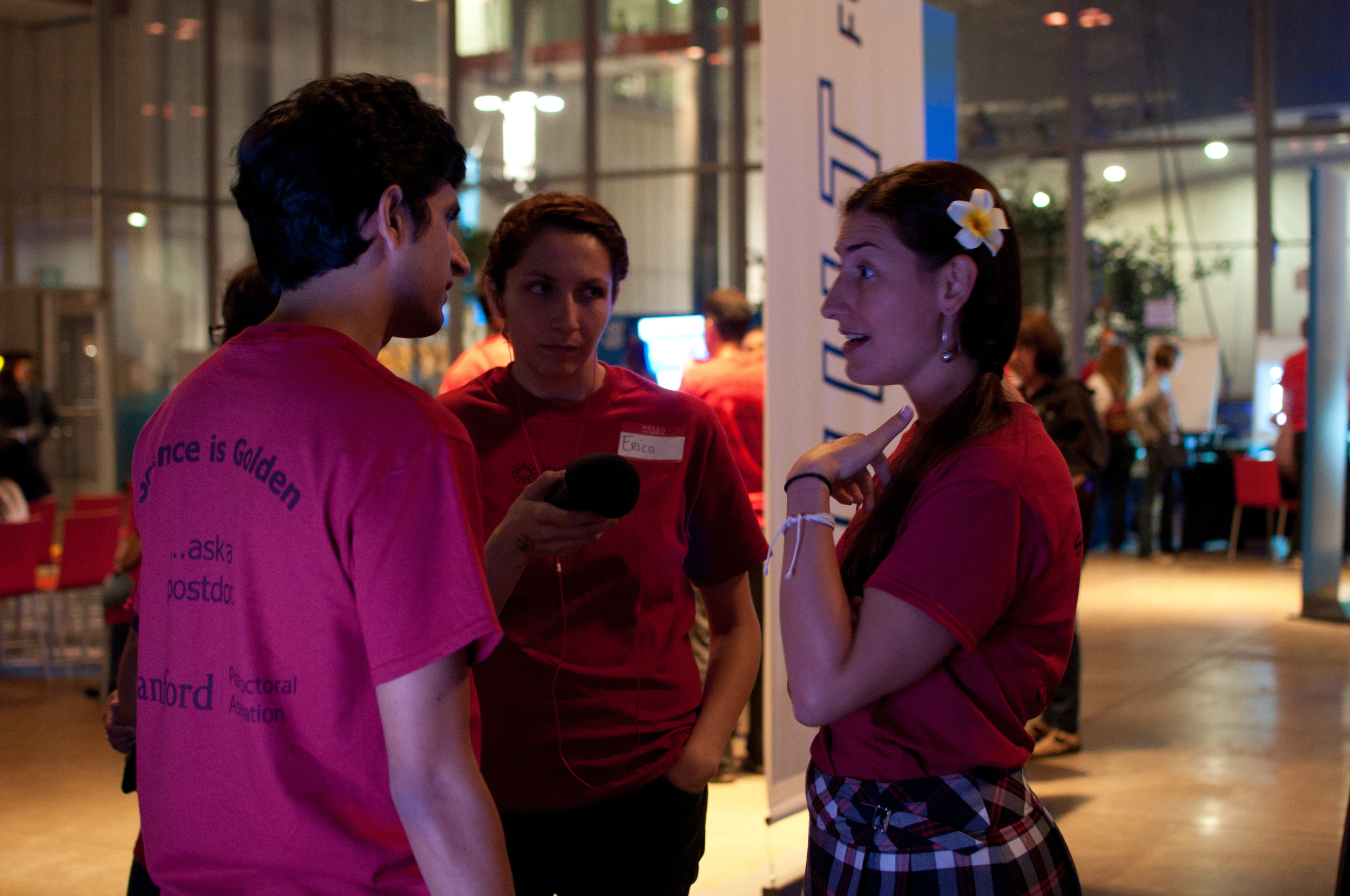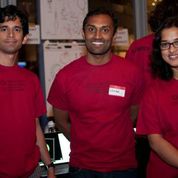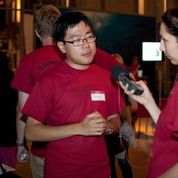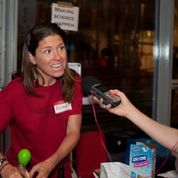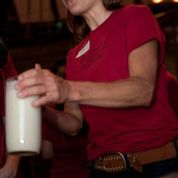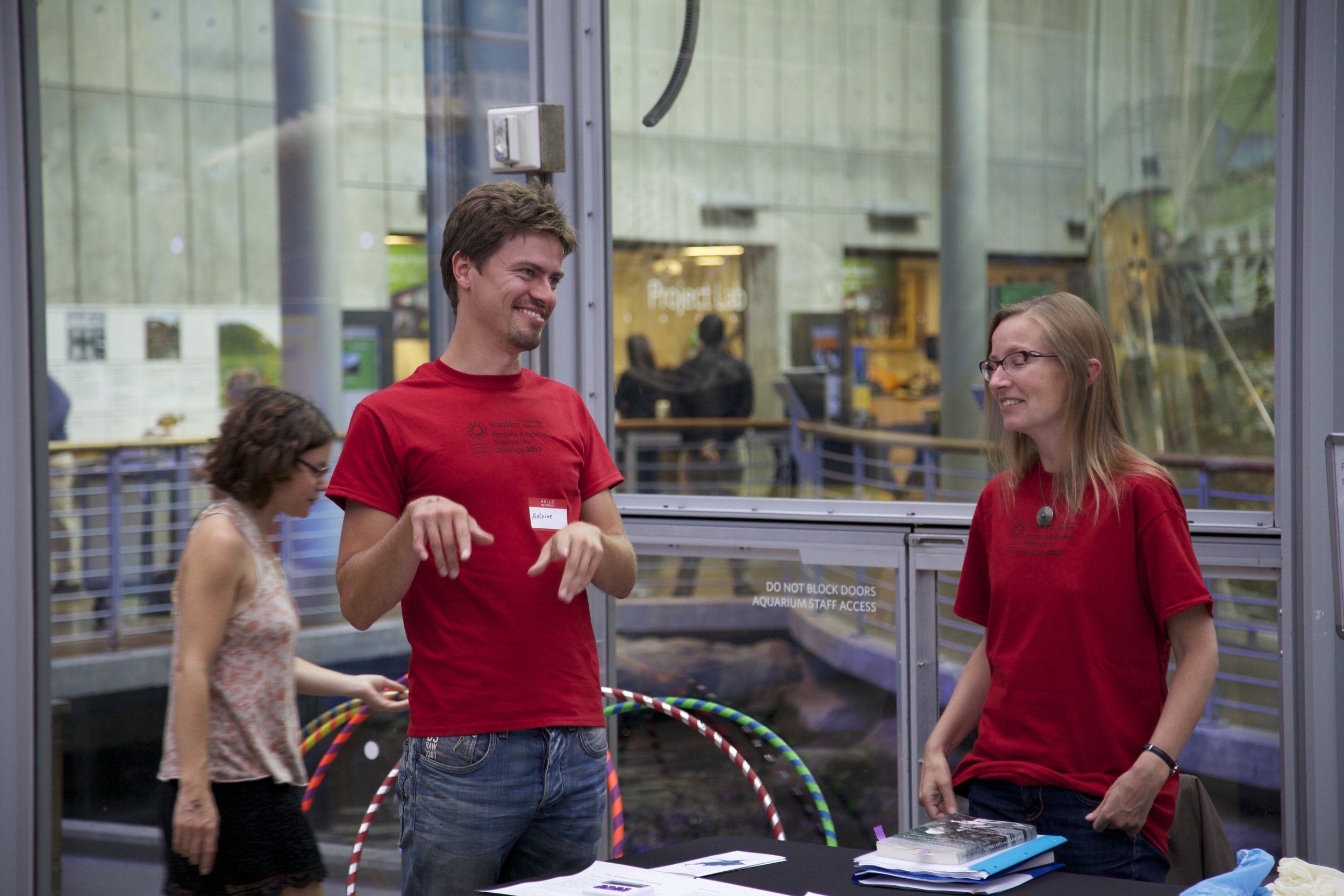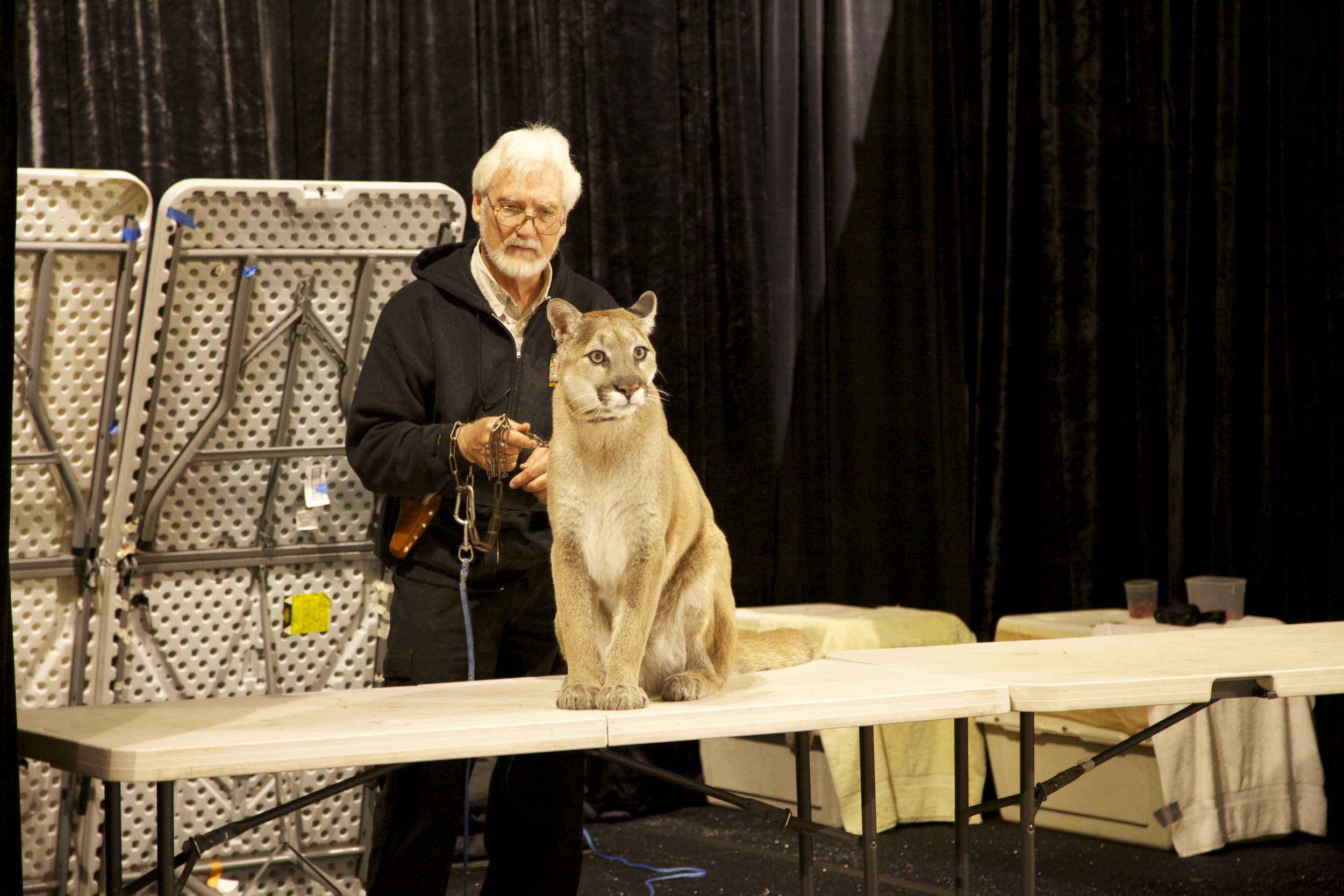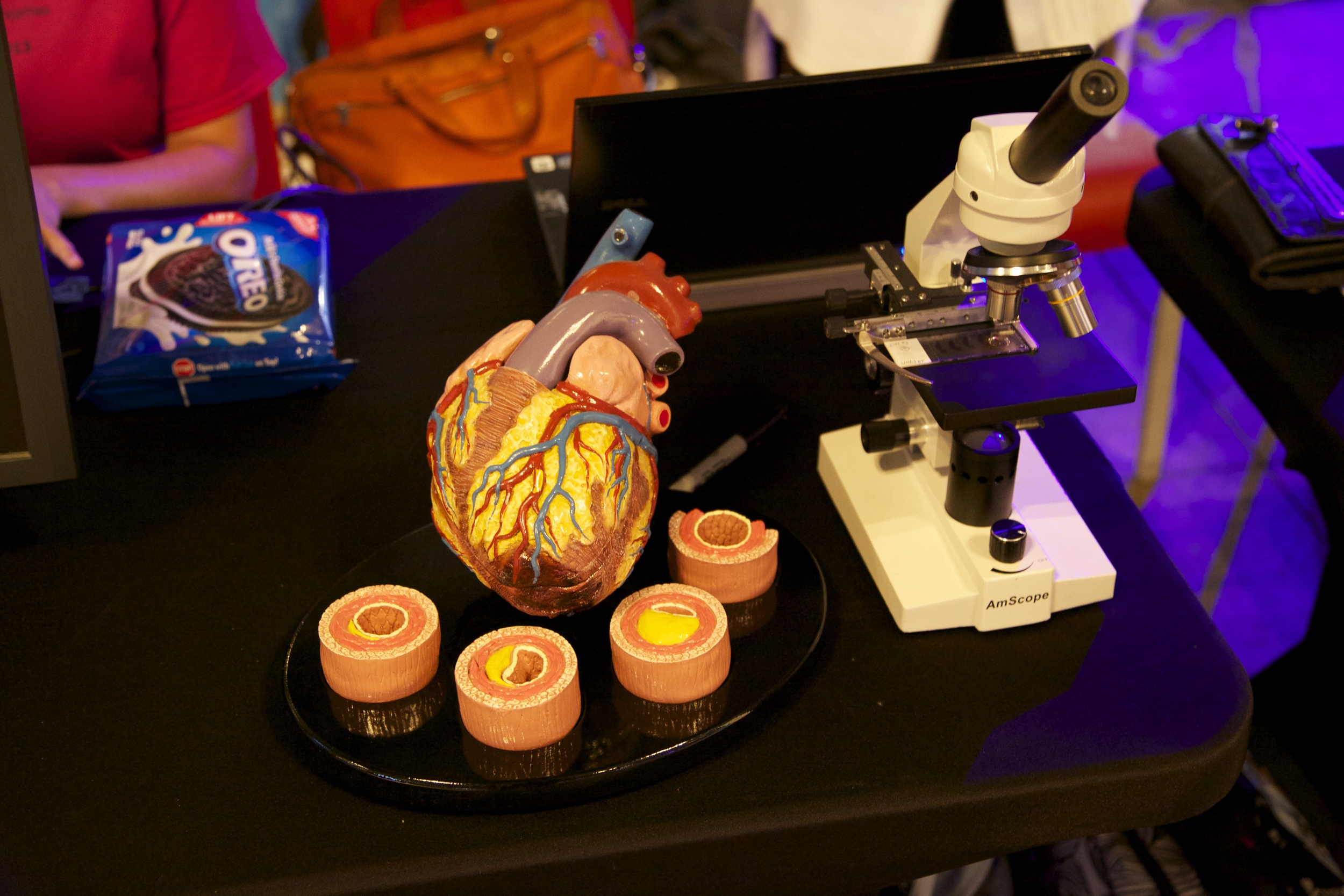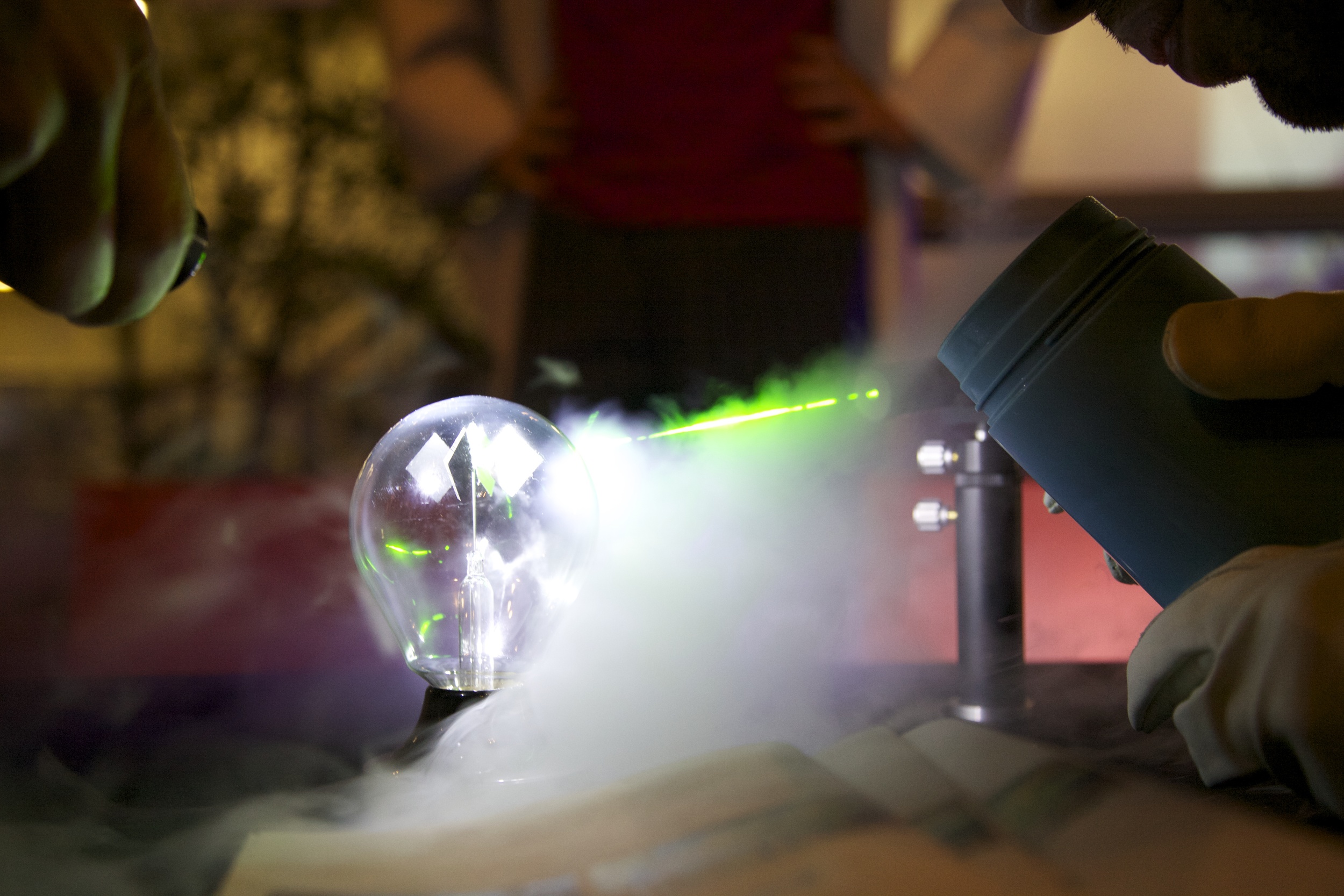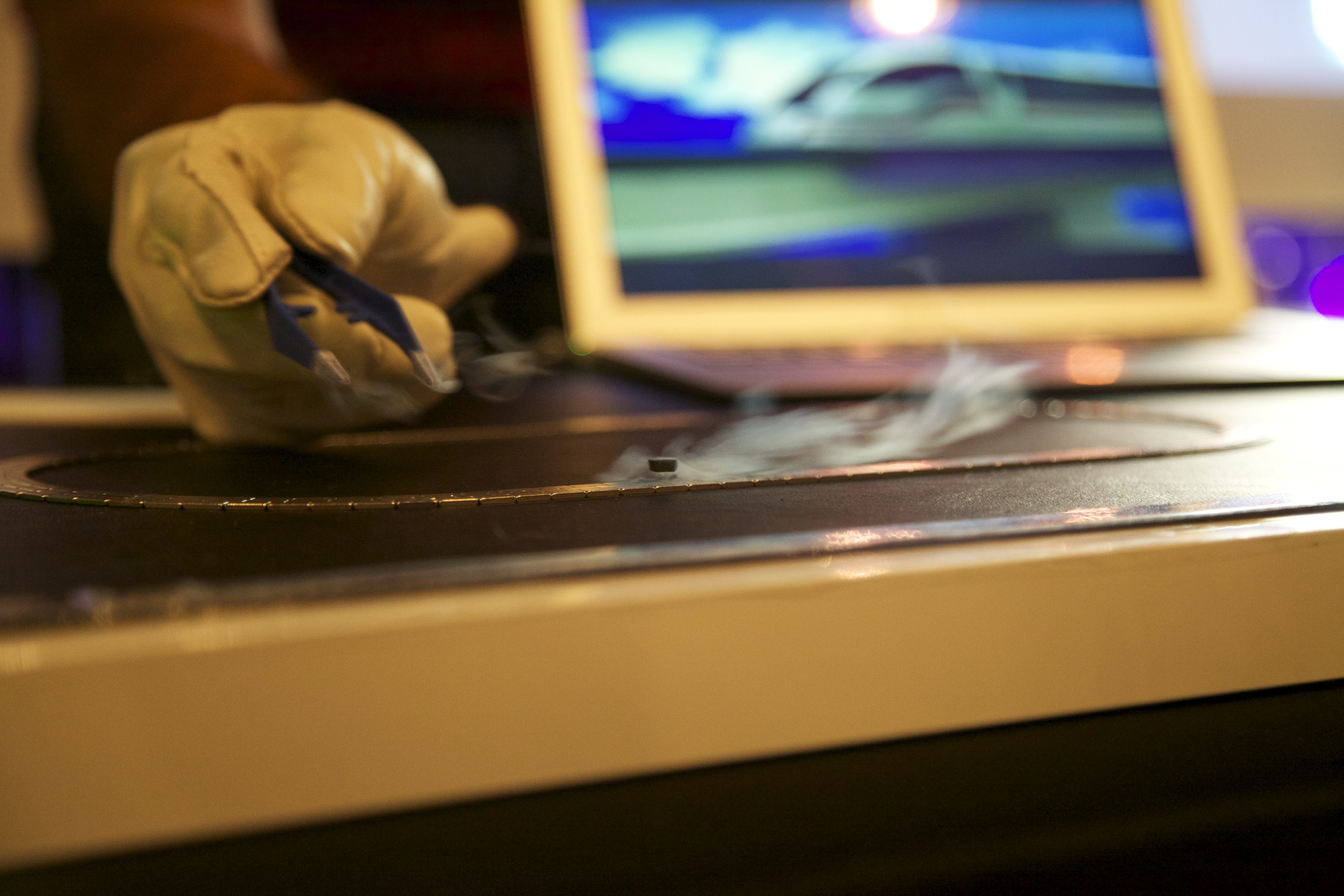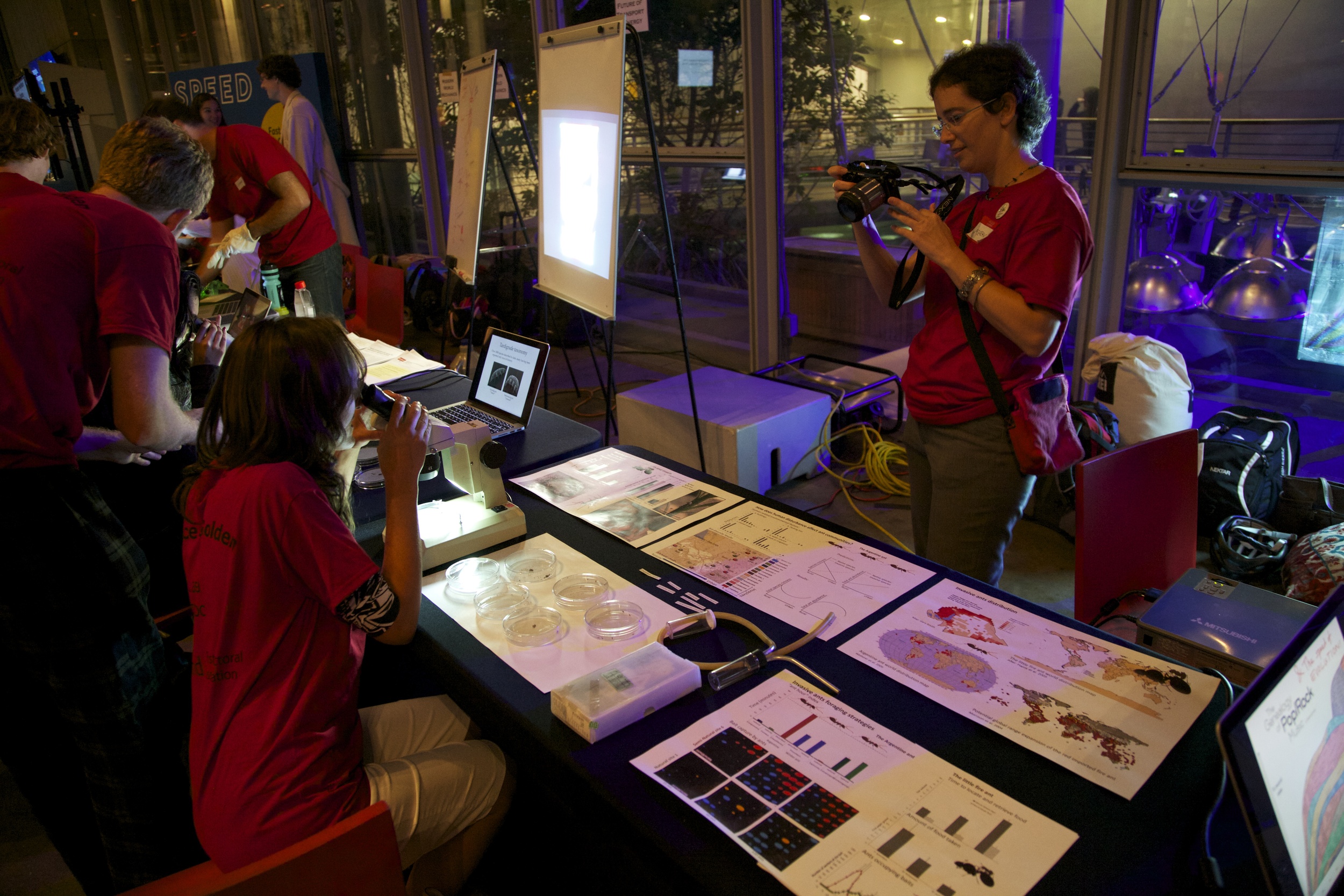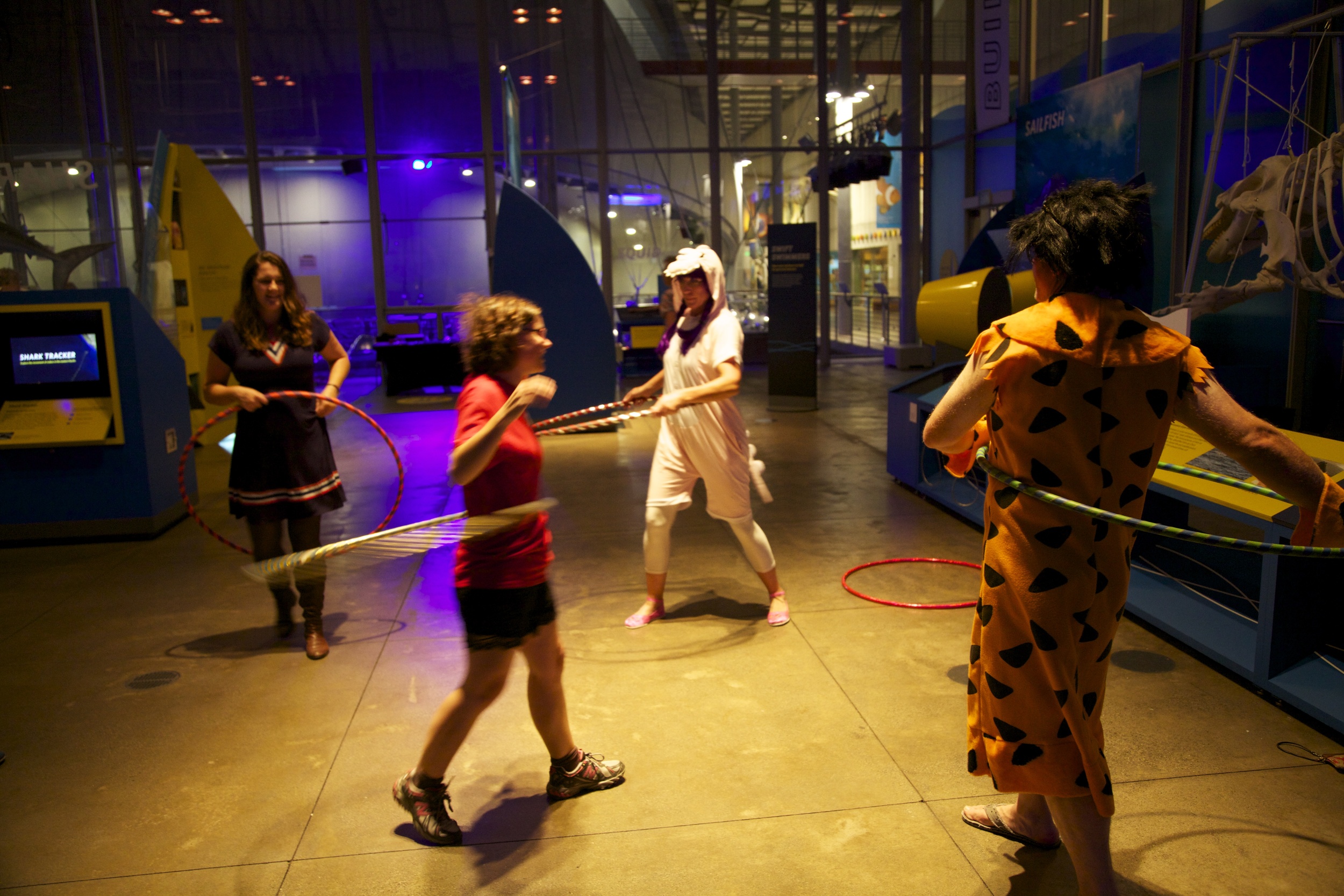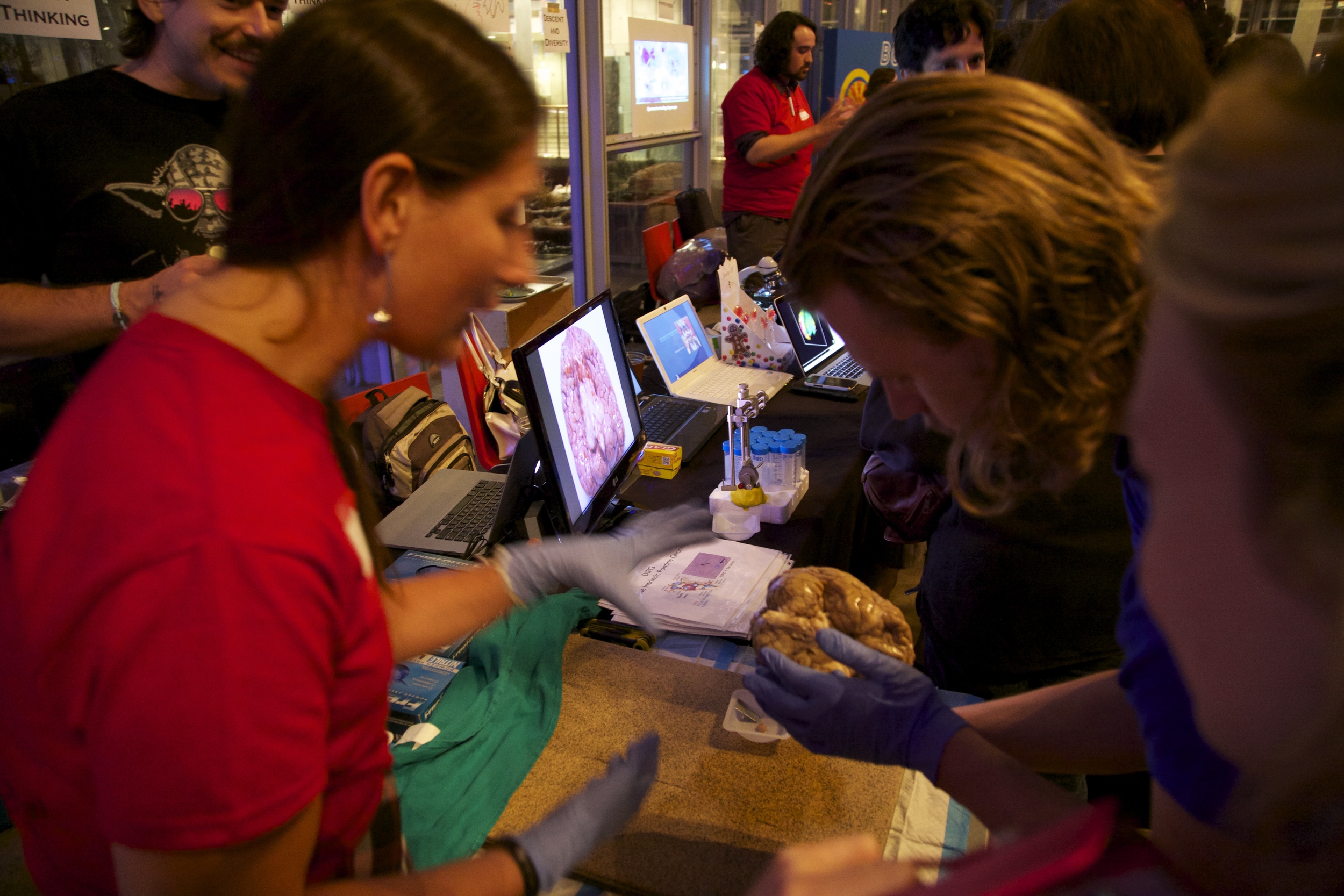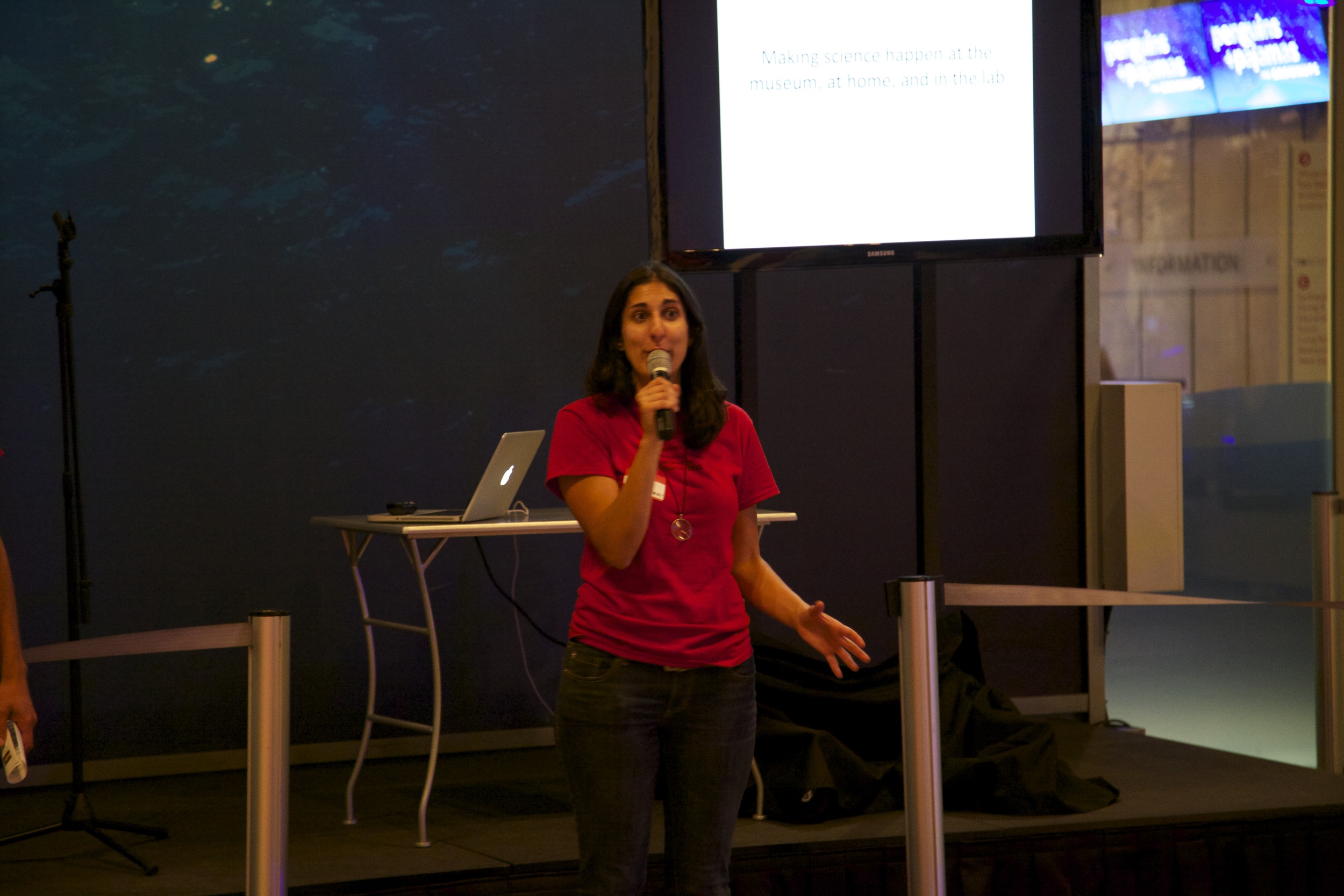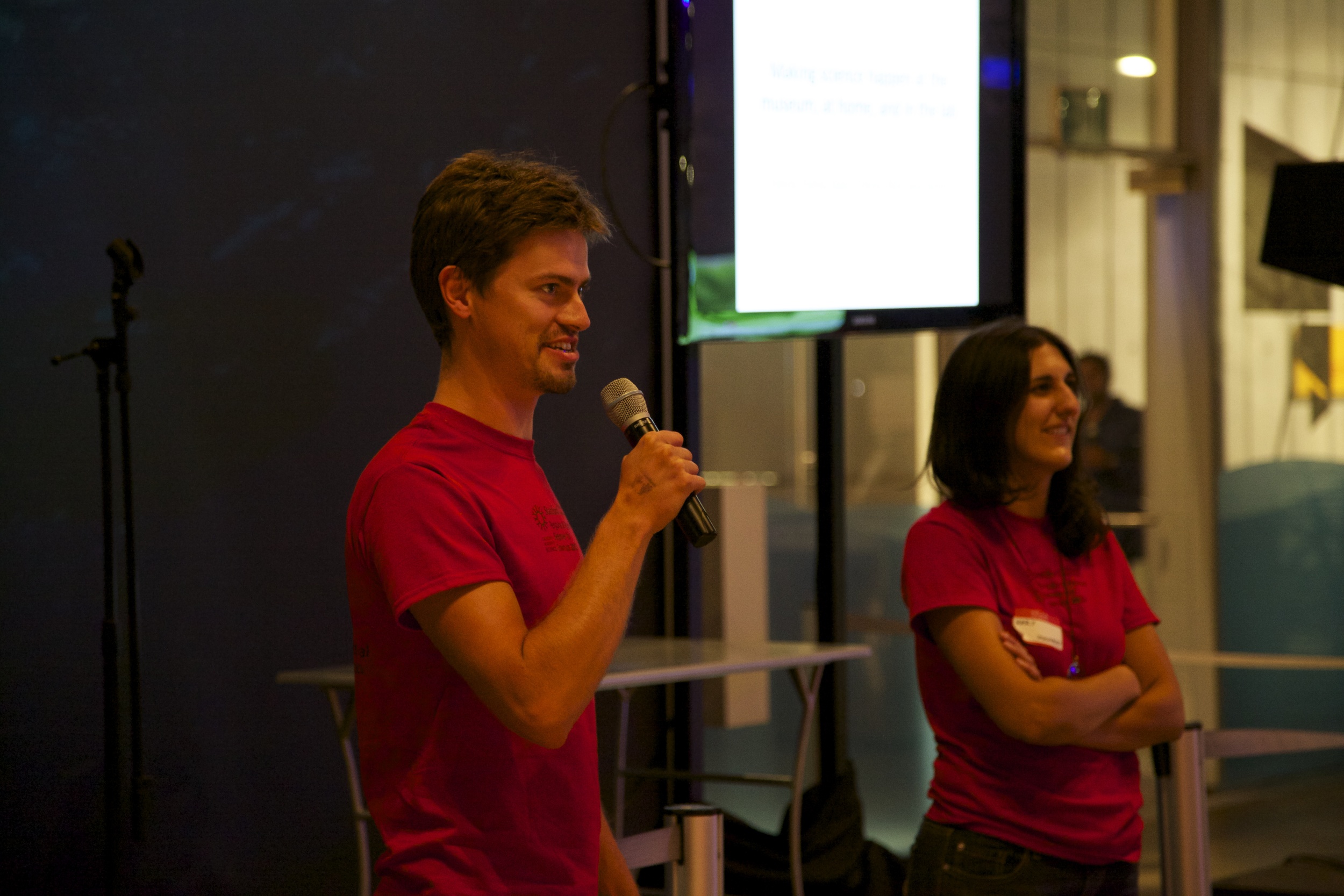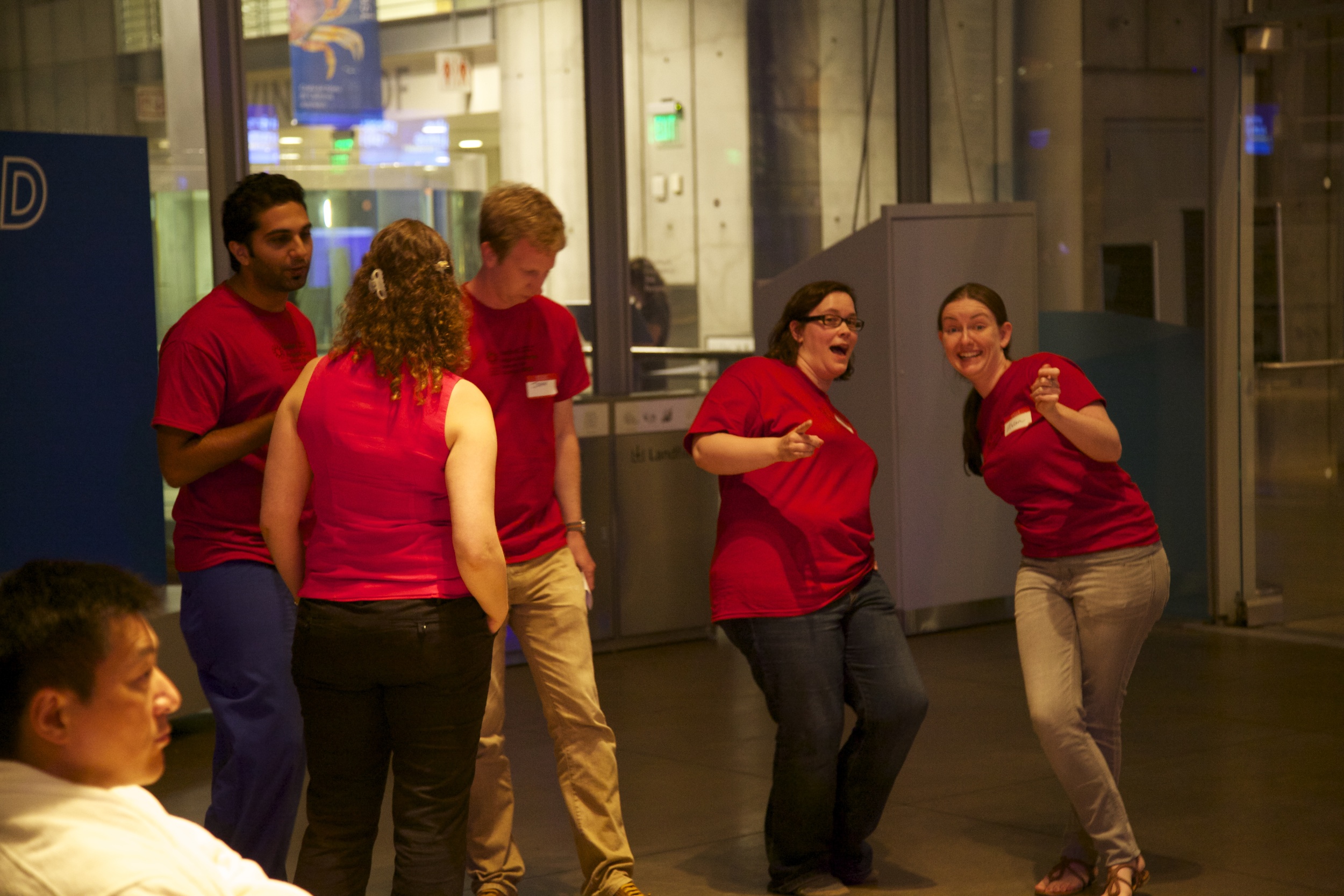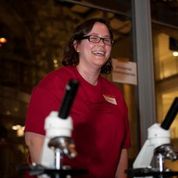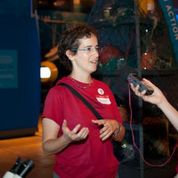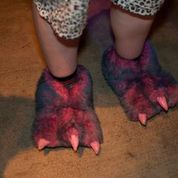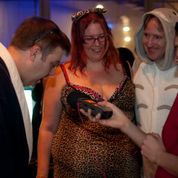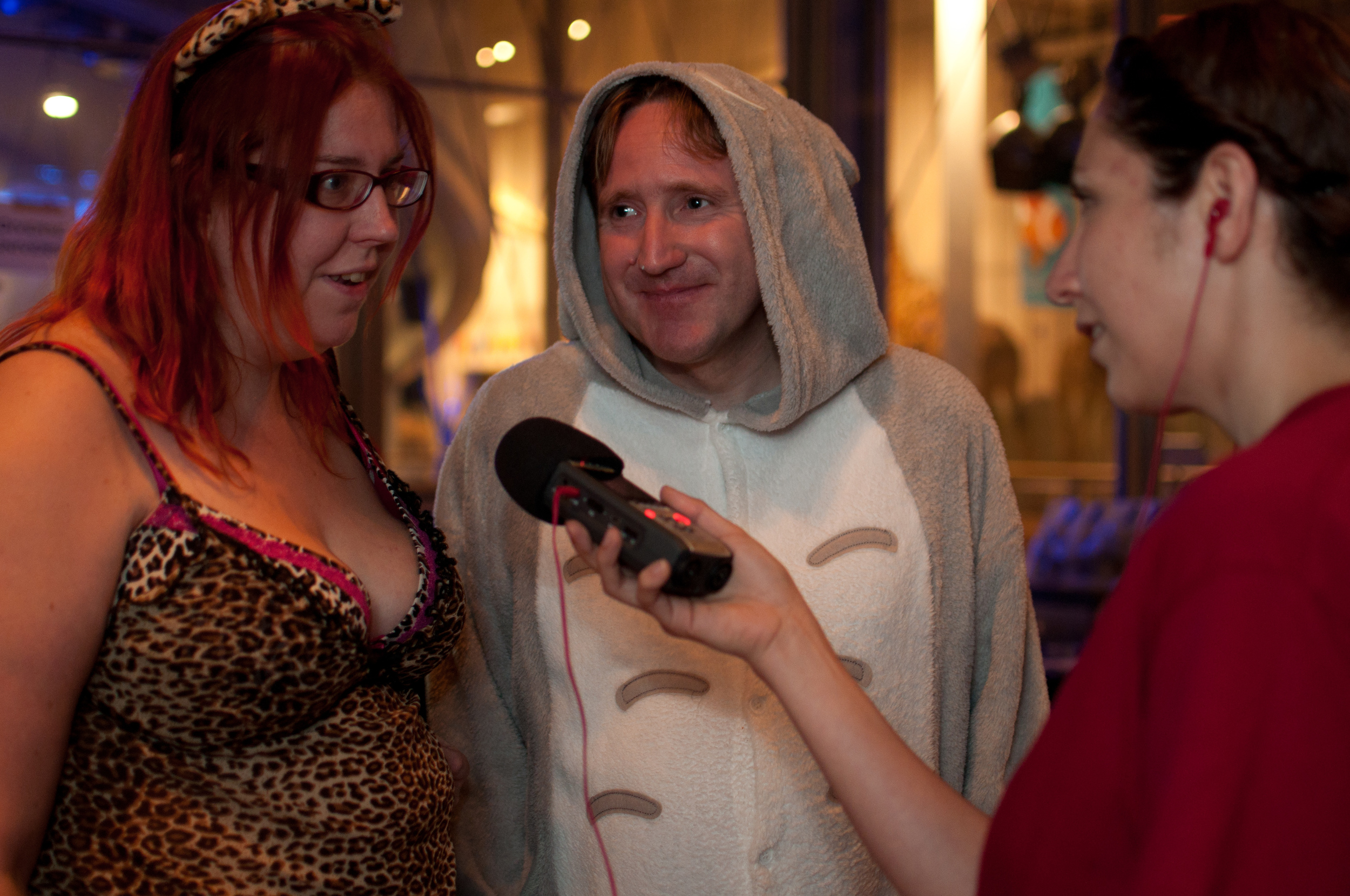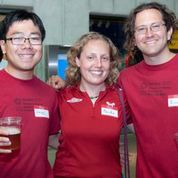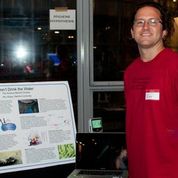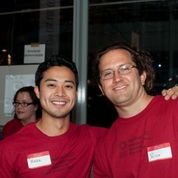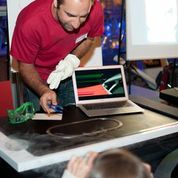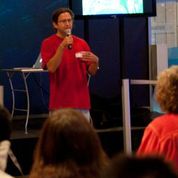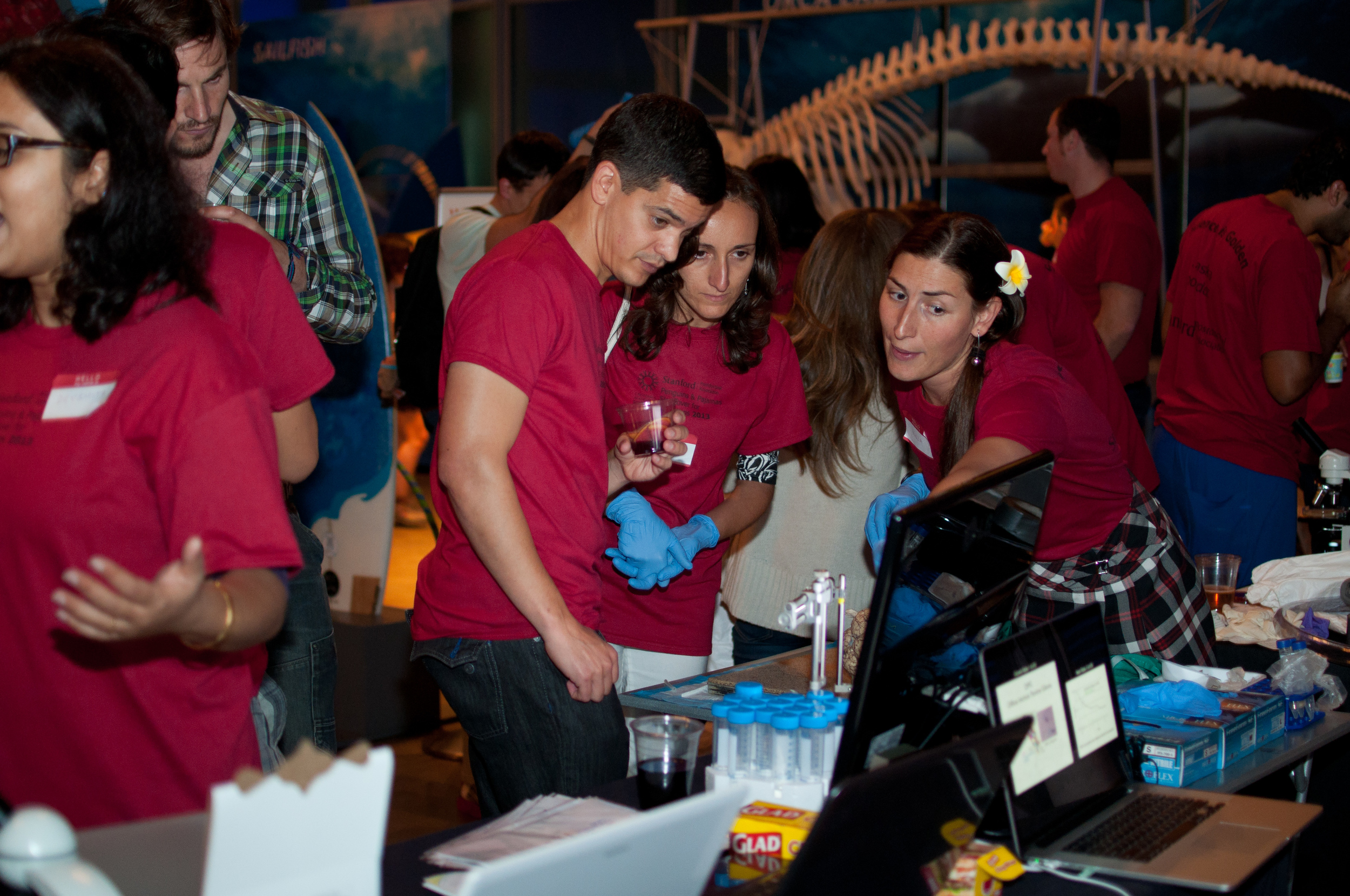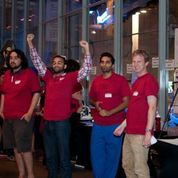Your Brain on Music ... and/or Dopamine
/My workday is full of people wearing headphones. Almost everybody on the bus to work is plugged into a music player or a smartphone. The bicyclists pushing pedals along the busy El Camino Real road that bisects Silicon Valley are also almost universally equipped with devices that occupy their ears, though arguably they would be better off paying attention to the sounds of traffic (for a summary of American laws regulating this matter, see here). Once I get to my laboratory, I have no one to say good morning to, as the hearing of my co-workers is engrossed by whatever is playing on their computers. Pretty soon, I also feel the urge to plug in to my Internet radio station and tune out the world. Once I do, I’m happier. And that got me wondering. How much do we know about the neurobiology behind compulsive behavior that generates pleasure and does the craving for music exhibited by many people around me share this neurobiology?
Read More














